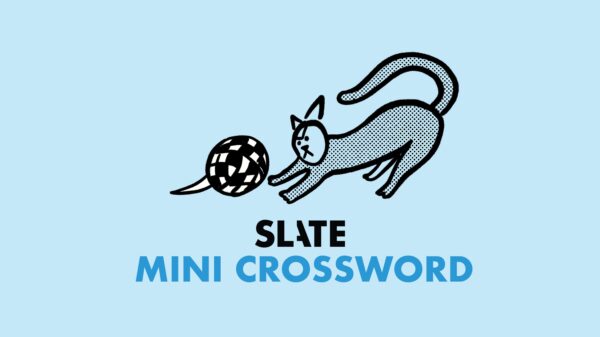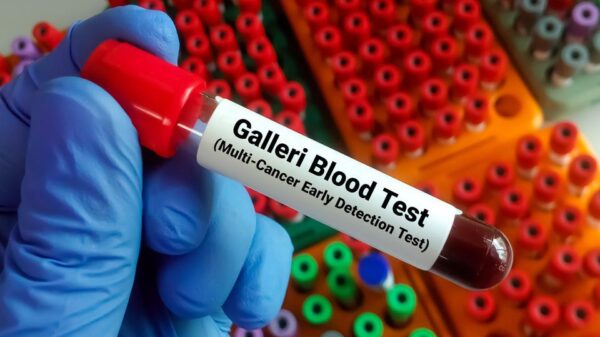A recent study has uncovered significant similarities in speech patterns between communities that promote hate speech and those discussing certain psychiatric disorders on Reddit. Conducted by Dr. Andrew William Alexander and Dr. Hongbin Wang from Texas A&M University, the findings were published in the open-access journal PLOS Digital Health on July 29, 2025.
The proliferation of social media has raised alarms regarding its potential to disseminate hate speech and misinformation, which can lead to prejudice and violence. Previous studies have identified correlations between specific personality traits and the propensity to engage in online hate speech or spread misinformation. However, this latest research sought to determine any possible connections between psychological well-being and the act of participating in such discussions.
To explore this, the researchers employed artificial intelligence tools to analyze posts from 54 Reddit communities, focusing on those related to hate speech, misinformation, and psychiatric disorders. The analysis included groups such as r/ADHD, which discusses attention-deficit/hyperactivity disorder, r/NoNewNormal, dedicated to COVID-19 misinformation, and r/Incels, a community banned for its promotion of hate speech.
By utilizing the large-language model GPT-3, Alexander and Wang transformed thousands of posts into numerical representations, capturing the underlying speech patterns. These representations, termed “embeddings,” were then examined using machine-learning techniques and a mathematical method known as topological data analysis.
The results indicated that communities engaging in hate speech exhibited speech patterns akin to those found in discussions surrounding complex post-traumatic stress disorder and various Cluster B personality disorders, including narcissistic, antisocial, and borderline personality disorders. Although links between misinformation and psychiatric conditions were less definitive, some connections with anxiety disorders were noted.
It is crucial to emphasize that these findings do not imply that individuals with psychiatric disorders are more likely to engage in hate speech or misinformation. The study did not confirm whether the posts analyzed were authored by individuals diagnosed with any disorders. Further research is needed to delve deeper into these connections, particularly the possibility that hate speech communities might reflect speech patterns associated with psychiatric disorders.
The authors of the study suggest that their findings could inform new strategies to address online hate speech and misinformation. They propose that therapeutic approaches developed for psychiatric conditions might be adapted to combat these issues.
Dr. Alexander stated, “Our results show that the speech patterns of those participating in hate speech online have strong underlying similarities with those participating in communities for individuals with certain psychiatric disorders.” He highlighted the nature of Cluster B personality disorders, characterized by a lack of empathy and difficulties in managing anger and interpersonal relationships.
Although the study sought to find parallels between misinformation and psychiatric speech patterns, Alexander noted that the connections were weaker. He concluded, “I think it is safe to say at this point in time that most people buying into or spreading misinformation are actually quite healthy from a psychiatric standpoint.”
He emphasized, “I want to stress that these results do not mean that individuals with psychiatric conditions are more likely to engage in hate speech. It suggests that people who engage in hate speech online tend to have similar speech patterns to those with Cluster B personality disorders.”
Dr. Alexander further remarked that prolonged exposure to hate speech communities may influence individuals, potentially diminishing their empathy towards others. “While further studies would be needed to confirm this, I think it is a good indicator that exposing ourselves to these types of communities for extended periods is not healthy,” he added.
This research contributes to the understanding of the complex interplay between online behavior and mental health, underscoring the need for continued investigation into these pressing issues. The study highlights the potential for innovative approaches to mitigate the impact of hate speech and misinformation in digital spaces, aiming to foster healthier online interactions.
For more details, see the original article: Alexander AW, Wang H. Topological data mapping of online hate speech, misinformation, and general mental health: A large language model-based study. PLOS Digital Health (2025). DOI: 10.1371/journal.pdig.0000935.








































































